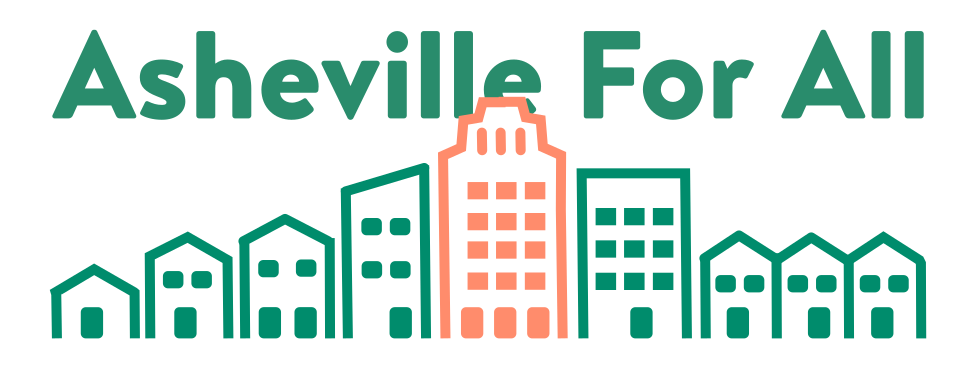Vote YES on Buncombe County’s Housing Bond
Buncombe County voters approved the housing bond on November 8, 2022.
About Buncombe County’s Affordable Housing Bond
In November, residents of Buncombe County will be deciding on two bond referenda. One of the two bonds will raise forty million dollars to combat the region’s housing scarcity crisis.
The county’s stated goal for housing is to create 3,150 affordable homes, including ones for renters and homeowners. Buncombe County plans to use the money in partnership with both nonprofit and traditional homebuilders, and will pair the money raised with the bond with additional money obtained through grants and matching federal funding.
The text of the bond referendum ballot question reads as follows:
BOND ORDER AUTHORIZING THE ISSUANCE OF $40,000,000 GENERAL OBLIGATION HOUSING BONDS OF THE COUNTY OF BUNCOMBE, NORTH CAROLINA;
SHALL the order authorizing $40,000,000 of bonds to pay the capital costs of housing for the benefit of persons of low or moderate income, including construction of related infrastructure improvements and the acquisition of related land and rights-of-way, and providing that additional taxes may be levied in an amount sufficient to pay the principal of and interest on the bonds be approved?
As you can see, the ballot question language is fairly open-ended. The text of the bond does not specify the specific types of homes that will be built with the money, or the specific places that they will go.
That’s because the county will have a committee whose sole purpose will be to maximize the efficacy of the bond initiative. They will work on a case by case basis.
We do know something about the committee’s stated priorities though. We know that they want to see homes built in areas close to transit, amenities, infrastructure, and jobs; rather than see new homes sprawl out into the wilderness.
We also know that they want to see mixed-use buildings and neighborhoods, where grocery stores, coffee shops, and offices might be an easy walk from a resident’s home.
And we know that they are aiming for economic diversity. This is a good thing. When we build mixed-income multi-family homes and communities, ALL kinds of working families get a better shot at finding a home they can afford, without increasing segregation and exclusion. And when working peoples’ incomes rise, and they no longer qualify for income-restricted housing, they can still remain in their community.
* * *
Click “Next” to read more about why you should vote YES in November.
